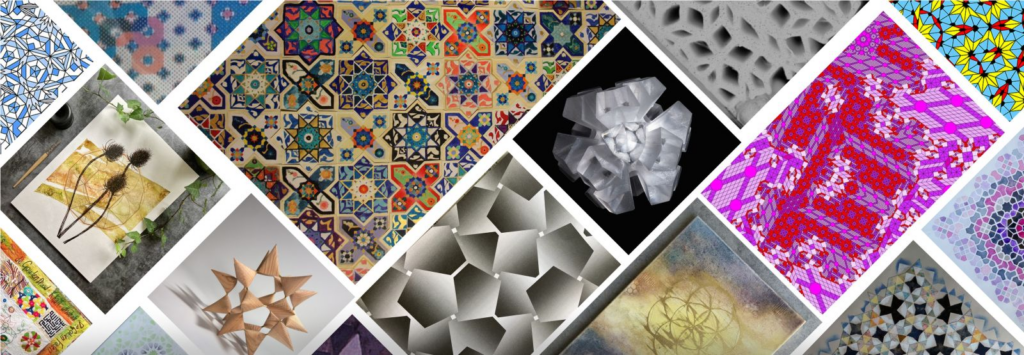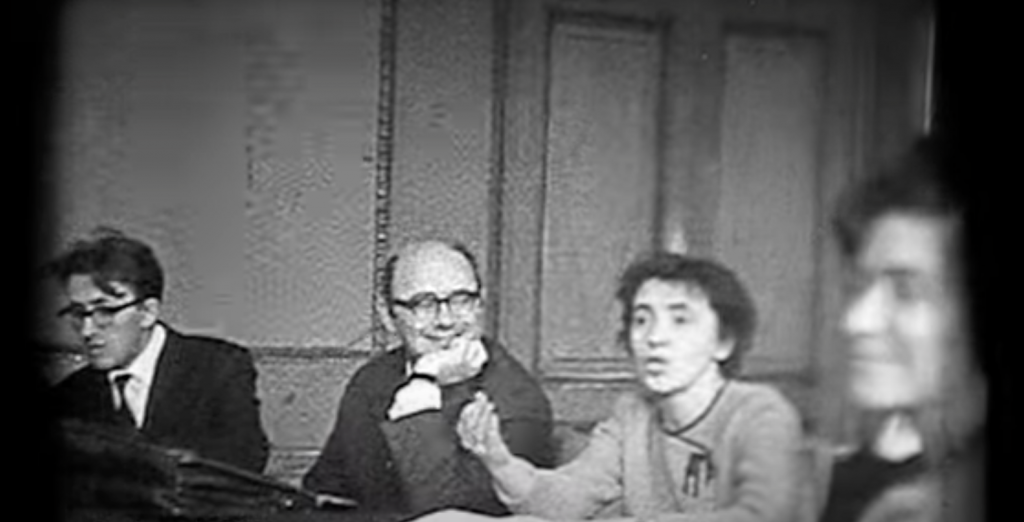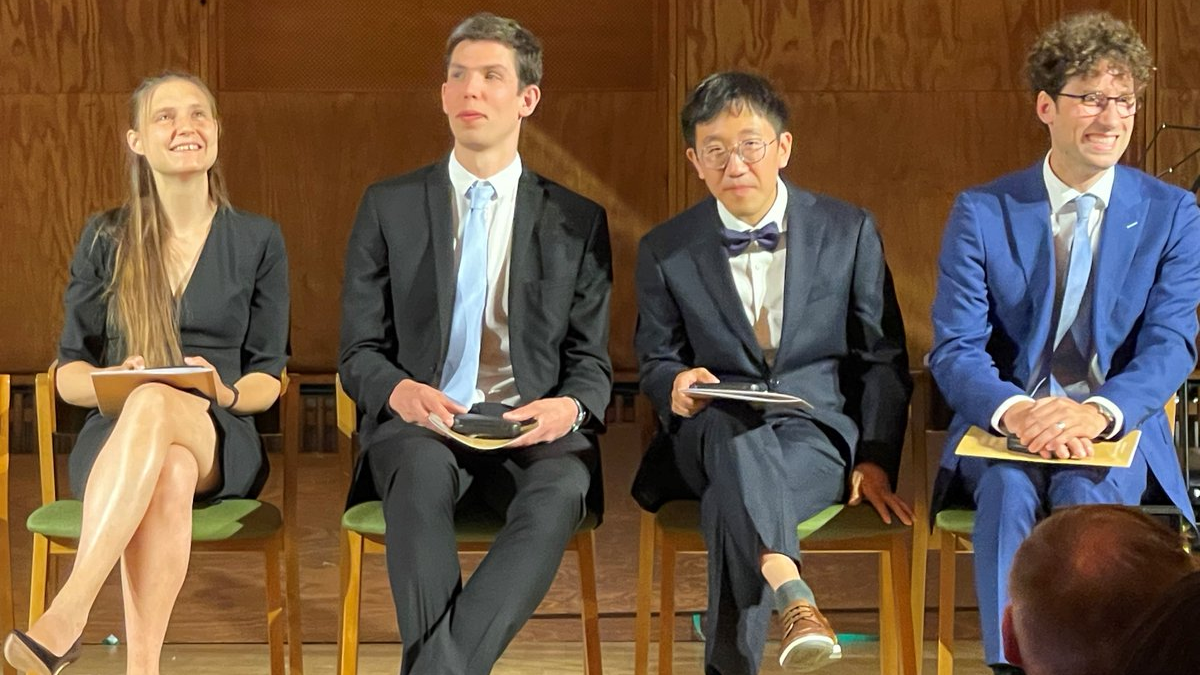Research
AI research company DeepMind said that their AlphaTensor system has discovered a new way to multiply matrices, citing this as the first such advance since the Strassen algorithm was proposed in 1969. AlphaTensor found thousands of algorithms for multiplying matrices of different sizes, but most were not better than the state of the art. Specifically, it found an algorithm for multiplying \(5 \times 5\) matrices in \(\mathbb{Z}_2\) in just 96 operations. There’s a paper in Nature describing how the algorithm was found.
It’s not all over for us humans just yet, though: the DeepMind announcement prompted two algebraists at Linz University, Jakob Moosbauer and Manuel Kauers, to see if they could do even better. After a few days of thought, they published The FBHHRBNRSSSHK-Algorithm for Multiplication in $\mathbb{Z}_2^{5\times5}$ is still not the end of the story on the arXiv, giving an algorithm which does the multiplication in only 95 steps.
Meanwhile, in other computers-helping-humans news, the Lean 3 library mathlib has made it to 100,000 theorems, none of which have been left as an exercise for the reader.
Events
The IMA and LMS have joined forces to offer a new university access programme called Levelling Up: Maths, which aims to address the difficulties that young people of Black heritage face in STEM. A-level students can join the programme, and will be able to access teaching and mentoring in virtual tutorial groups with Black heritage undergraduates, as well as events with Black guest speakers. The programme is also supported by the RAEng, BCS, IOP RSC, MEI and STEM Learning, as well as the Association for Black & Minority Ethnic Engineers (AFBE-UK) and Black British Professionals in STEM (BBSTEM).
What Can Mathematicians Do? is a series of free online public maths presentations organised by Newcastle University’s School of Mathematics, Statistics and Physics, covering a wide range of topics such as how colours mix, how to make a mint on the stock market, and how to pick your next Netflix binge. Aimed at students in school years 10 to 13, the talks are all given by disabled presenters: to show that anyone can be a mathematician, and mathematicians can do anything.
And finally: last weekend, a group of maths communicators (including several Aperiodical editors and regulars) put together a live online 24-hour Mathematical Game Show, featuring mathematical games, games with a mathematical twist, the maths of games and games about maths. The show has raised nearly £5000 for a collection of excellent charities, and the whole show is available to watch back in half-hour or 1-hour segments.
And finally
Nick Berry of the Data Genetics blog has died. The site ran for over a decade, and was described by Alex Bellos as ‘one of best examples of maths outreach on the web […] A brilliant cabinet of curiosities’. Nick passed away peacefully at home on Saturday October 8th after a long battle with cancer. (via Alex Bellos on Twitter)
Phil Goldstein, aka magician Max Maven, has died. Max Maven popularised the Gilbreath principle, which underlies a host of astonishing mathematical card tricks. (via Colm Mulcahy on Twitter)










